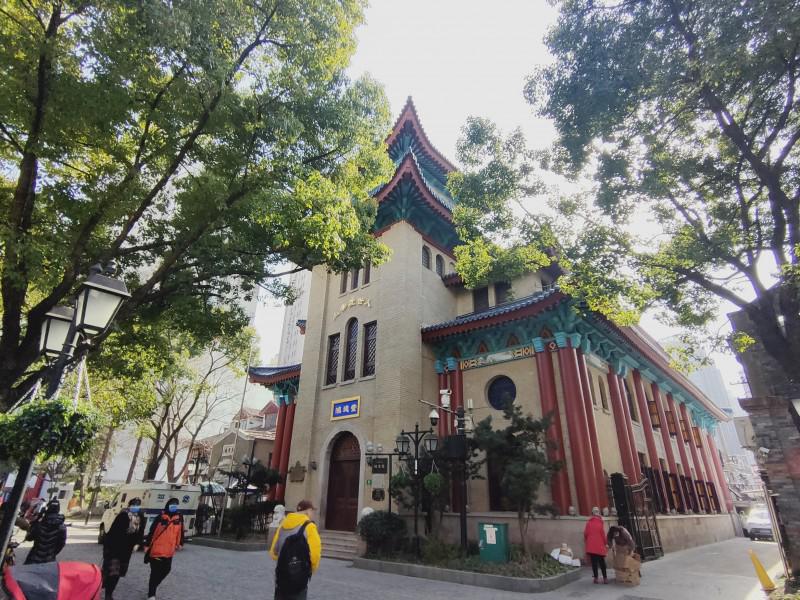Ruth, a woman from a foreign land, married Boaz, and their lineage led to the birth of King David. Her name is even recorded in the genealogy of Jesus Christ. The foundation of all these blessings can be traced back to Naomi's repentance.
During the Sunday service at Shanghai Fitch Memorial Church on July 23rd, Rev. Shen Dong delivered a sermon titled "Naomi's Repentance."
"When the two women arrived in Bethlehem, the whole town was stirred because of them, and the women exclaimed, 'Can this be Naomi?' 'Do not call me Naomi,' she told them. 'Call me Mara, because the Almighty has made my life very bitter.'" (Ruth 1:19-21)
"I refer to this passage as Naomi's declaration of repentance," Rev. Shen said.
The beginning of the Book of Ruth recounts that due to famine, Elimelech and his wife Naomi took their two sons and left Bethlehem in Judah to reside in the land of Moab. During their ten years in Moab, Naomi lost her husband and two sons, leaving only herself and her two daughters-in-law.
The pastor preached that this was God's discipline for Naomi. She and her husband had departed from the promised land of God. After her husband's passing, she should have influenced her sons, but she allowed them to marry foreign women. They departed from Judah, possibly amassing wealth in Moab. They might live a comfortable life, indulging in sinful pleasures and forgetting God. After losing her husband, Naomi also lost her sons.
Confronted with consecutive hardships, Naomi underwent a transformation and desired to return to the land of Canaan after hearing in Moab that "the Lord had come to the aid of his people by providing food for them" (Ruth 1:6).
Shen reminded the congregation that in the verses of Ruth 1:1–5, there was no mention of God's voice during Naomi's time in Moab. They were living far from God. "Without reading the Bible or praying, their exposure to the word of God is rare," cautioned Rev. Shen to the congregation, "and the restoration of the relationship with God marks the beginning of revival."
Naomi was initially one of God's people, knowing God. Now, she heard God's voice once again, witnessing His work, and her heart was rekindled in God. As a result, she decided to seek God's grace. As she turned back, God's grace proved to be sufficient.
Upon returning to her homeland, when questioned by her neighbors, Naomi responded candidly and courageously. She did not conceal the fact that she had made mistakes and experienced God's punishment. Instead, she acknowledged her indebtedness to God and willingly humbled herself. She attributed her suffering to "the Almighty" and underwent a transformation in God. The old Naomi, who was disciplined by the Almighty and embraced a new Naomi, was now known as "bitter" but alive in God.
Naomi's transformation impacted her daughter-in-law, Ruth, who declared, "Your God will be my God" (Ruth 1:16). This testimony also had a profound effect on the entire nation of Israel.
- Translated by Abigail Wu












